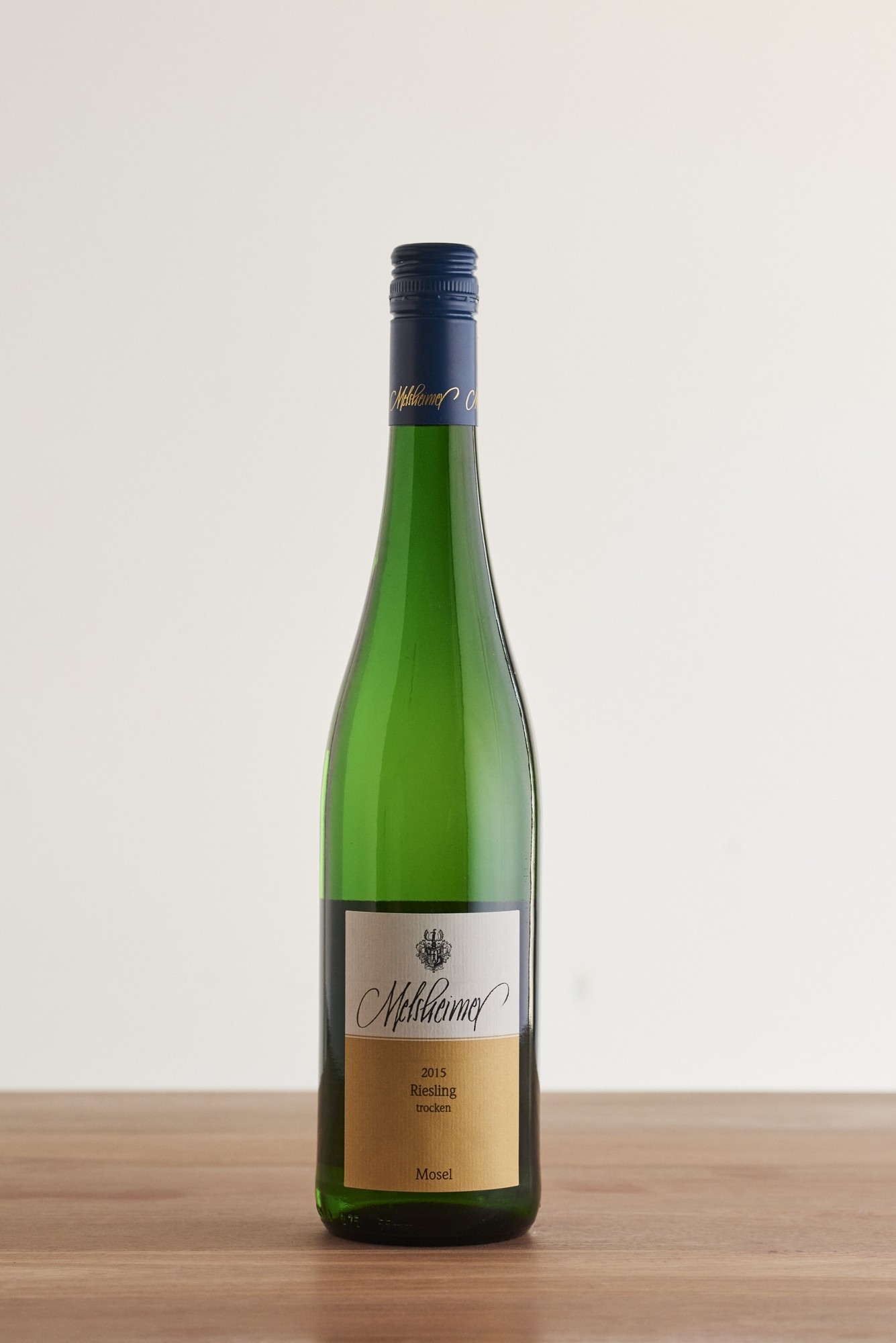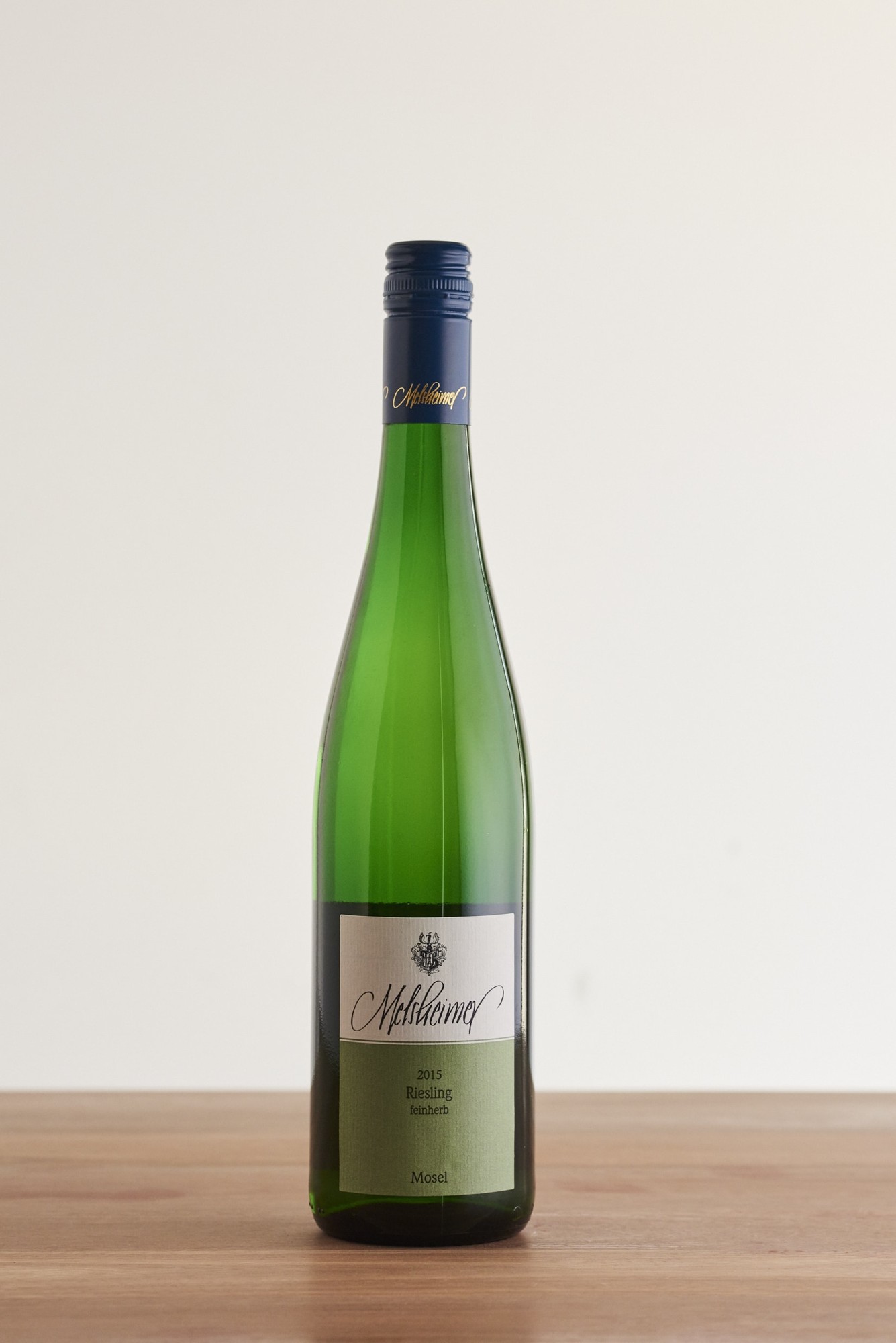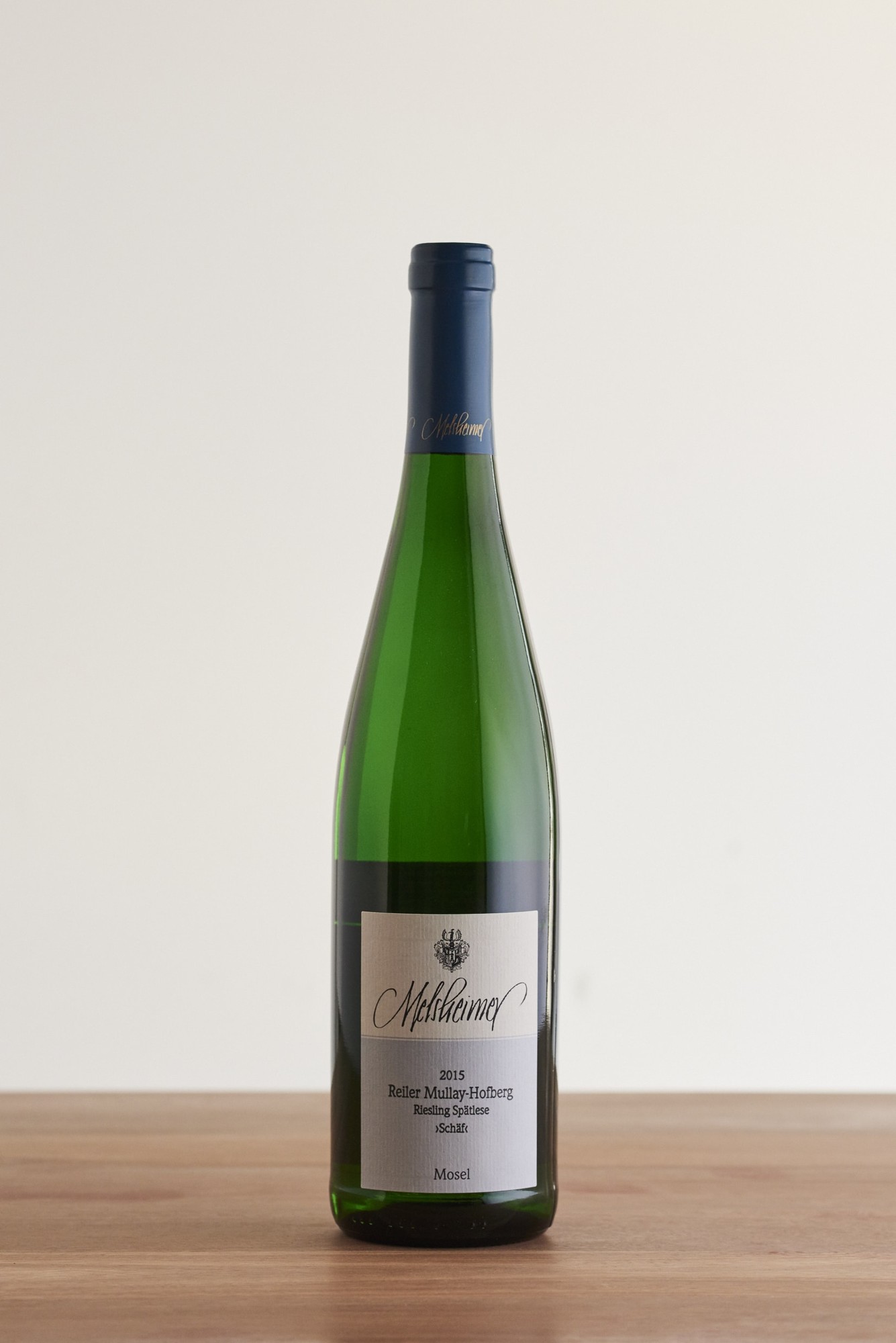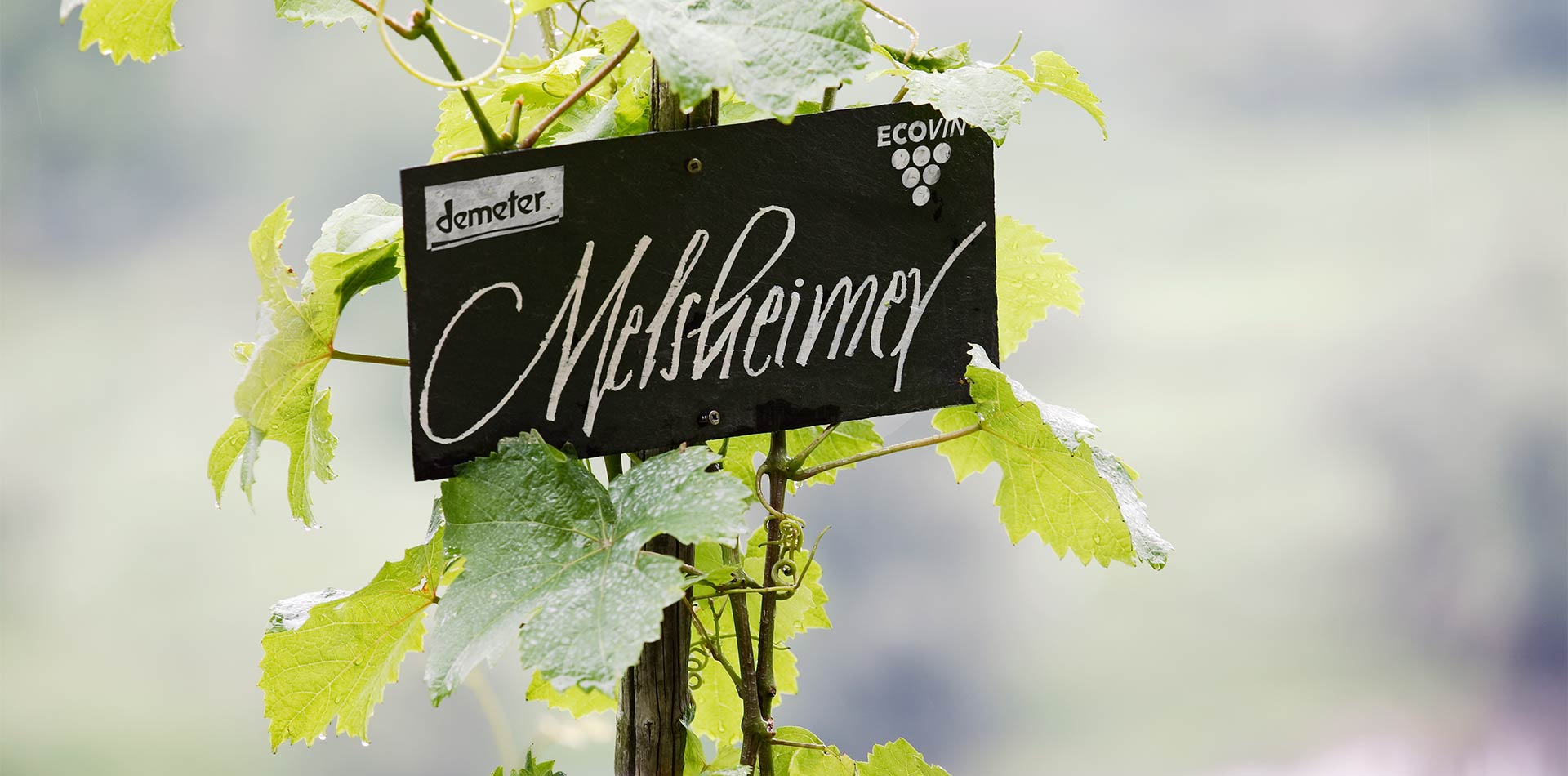Melsheimer
-
Reiler Mullay-Hofberg Riesling SEKT Dosage Zero
Riesling
More Info
-
Trocken
Riesling
More Info
-
Feinherb
Riesling
More Info
-
Mullay-Hofberg Riesling Trocken
Riesling
More Info
-
Mullay-Hofberg Kabinett
Riesling
More Info
-
Mullay-Hofberg Schaf Spätlese
Riesling
More Info
-
Vade Retro
Riesling
More Info
-
Lentum
Riesling
More Info


Weingut Melsheimer is probably less well known to wine lovers outside of Germany, due to the fact that almost all of their production is sold at home. Thorsten Melsheimer took over the 200 year old family estate in 1994 and immediately began cultivating his vineyards organically. Since 2009 all the vineyard work has been done according to biodynamic principles, receiving its Demeter certification in 2013. The estate consists of 11 hectares, 8 of which grow on the steep hill of the Mullay-Hofberg in Reil, a renowned winemaking village in the Mosel. The weathered slate and quartzite soils of the Mullay-Hofberg hillside have been home to vines since the 12th century. This undulating vineyard sits below a forest and plateau - helping the plants retain water and preventing excessive vine stress even in the hottest vintages.
The Mosel is known for its many steep slopes. Among them, only 5% are categorised as very steep slopes and thus particularly valuable cultural assets. What helps to make Melsheimer so special is that almost half of Thorsten’s vines are in these 5% and grow in some of the least accessible and most vertiginous parcels of the Mullay-Hofberg. The family also has vines growing in the Goldlay vineyard, situated just opposite the village of Reil, as well as some parcels in the Pündericher Marienburg, Burger Hahenschrittchen, Thomasberg and Reiler Falklay. The microclimate and terroir around Reil guarantee a long ripening period, creating the perfect conditions for Riesling. Despite the challenges of working on these steep slopes, Thorsten tirelessly rebuilds old terraces and nurse’s old vines back to life. He is passionate about building biodiversity in his vines and has seen dramatic changes to the ecosystem since taking over the estate just over 20 years ago. The family recently introduced goats to the vineyards to help maintain the ever encroaching forest and to provide manure for the vines.
In the cellar Thorsten prefers to take a more hands off approach. He makes no additions or manipulations to the wines preferring to express what nature has given him in each vintage. All village wines undergo a long fermentation in old oak barrels - the dry Rieslings can take up to 18 months to complete fermentation. He is forever experimenting using techniques such as skin contact to try and add a different element to his wines. His sulphur regime is also very low adding less than 30 parts through all of his wines with his top wine Vade Retro remaining unsulphured.
Thorsten remains one of the most hands-on and experimental winemakers in the area and receiving his wines are always a rare treat for us.
